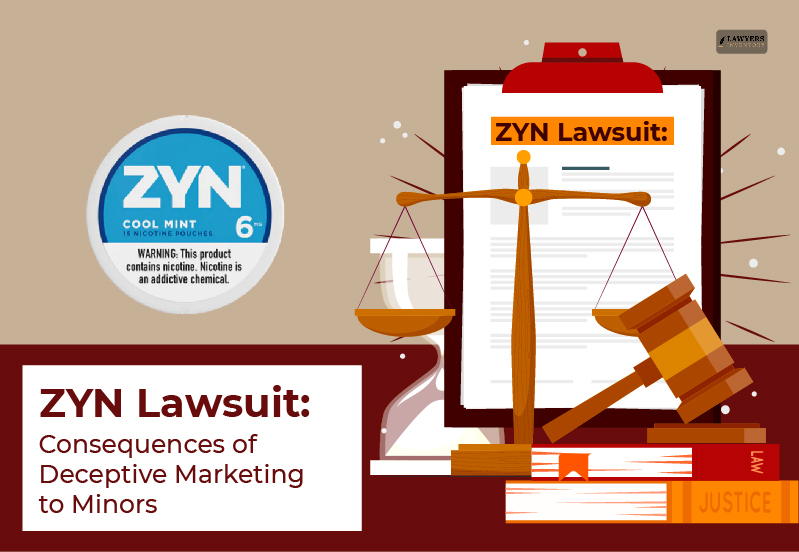
The Zyn lawsuit has sparked widespread attention recently. Why? Well, due to allegations that the nicotine pouch brand used deceptive marketing tactics, particularly targeting minors.
The lawsuit claims that Swedish Match, the maker of Zyn, promoted its product as “tobacco-free.” By doing so, they created a false perception of reduced harm.
Despite not containing tobacco leaves, Zyn’s nicotine is derived from tobacco, making the product just as addictive. Given the availability of appealing flavors and youth-oriented advertising, this has raised significant concerns about its impact on youth.
Zyn, a smokeless nicotine pouch, is marketed as a convenient alternative for those looking to avoid traditional smoking. However, critics argue that the marketing strategies cross ethical lines.
The lawsuit alleges that terms like “freedom” and “finding your curiosity,” along with flashy social media campaigns, exploit themes that resonate with young audiences. These tactics are eerily reminiscent of past strategies by Big Tobacco to hook teens on nicotine.
After reading about it on the news, I think this class action lawsuit against Zyn is more than a legal battle. Rather, it’s a wake-up call about the broader implications of targeting vulnerable groups.
The risks of such a case include addiction, health issues, and societal costs. However, if companies continue to prioritize profits over public health, the risks will far outweigh the benefits. This lawsuit may set a crucial precedent for holding brands accountable.
What is ZYN?
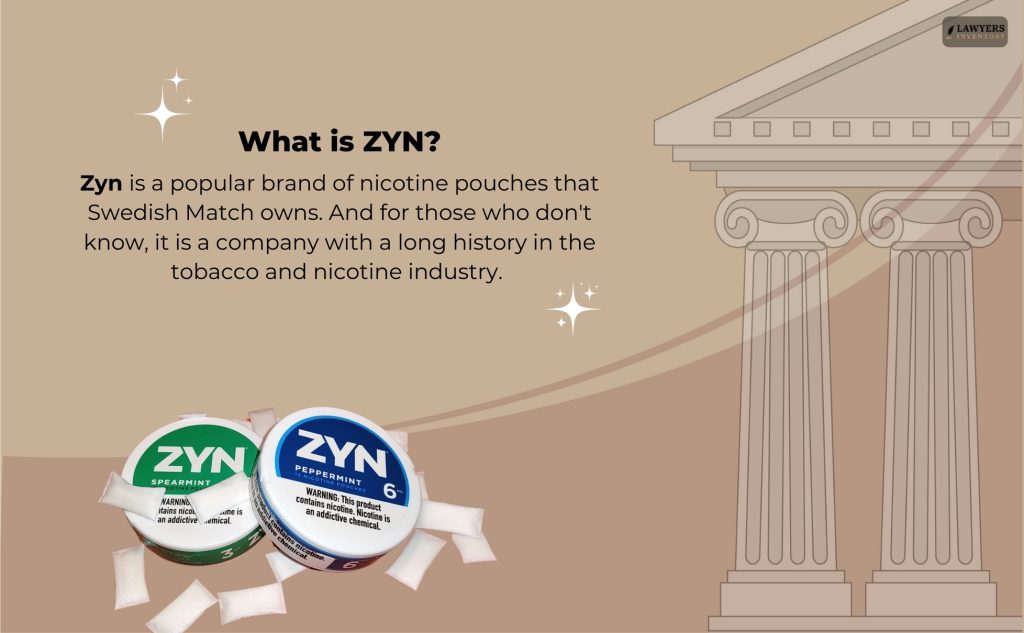
Zyn is a popular brand of nicotine pouches that Swedish Match owns. And for those who don’t know, it is a company with a long history in the tobacco and nicotine industry.
Introduced in the U.S. in 2016, Zyn quickly became a market leader. It offered a smokeless and tobacco-free alternative for nicotine consumption.
They designed these small pouches to be placed discreetly between the gum and lip. And the best part? They cater to both former smokers and individuals seeking a convenient nicotine option.
Zyn’s appeal lies in its variety of flavors, which include mint and citrus. Additionally, their nicotine strengths, which range from 3mg to 8mg per pouch, are also an attractive option.
Their strategic marketing and innovation propelled Zyn to dominate the U.S. nicotine pouch market. Furthermore, they achieved an estimated 80% market share.
This success contributed significantly to their financial performance, generating over $2 billion in revenue annually, largely driven by Zyn sales.
The brand’s aggressive growth made it a major player in the global nicotine market, particularly after its acquisition by Philip Morris International (PMI) in 2022.
However, Zyn’s rapid rise has not been without controversy. The company has faced scrutiny for its marketing tactics, which some argue target vulnerable demographics like minors.
While the current lawsuit is one of the most prominent legal challenges, Swedish Match has also been involved in prior litigation over product labeling and consumer safety. These legal disputes have drawn attention to the ethical responsibilities of nicotine companies.
ZYN Lawsuit: What Is It About?

The Zyn lawsuit is a significant legal case involving Swedish Match and its parent company, Philip Morris International (PMI), accused of deceptive marketing and monopolistic practices.
The plaintiffs in this case allege that Swedish Match has been intentionally misleading consumers. Especially for minors, their nicotine pouches have become popular as “tobacco-free.” However, the truth is that they contain nicotine derived from tobacco.
This marketing tactic is seen as an attempt to downplay the addictive nature of the product. Why? To make it seem less harmful.
Furthermore, Zyn’s use of appealing flavors, social media influencers, and youth-centric advertisements raises concerns about targeting vulnerable populations, particularly teens.
The lawsuit also touches on antitrust violations. This claims that Swedish Match’s practices have helped it monopolize the nicotine pouch market.
The company is accused of eliminating competition by forcing smaller brands, like Dryft, out of the market. This aggressive strategy has contributed to Zyn capturing around 80% of the U.S. market share in the nicotine pouch segment.
The combination of these deceptive tactics and monopolistic practices has raised red flags for consumer rights and public health.
This lawsuit is significant because it shines a spotlight on several key issues: For instance, these include:
1. Regulatory Concerns: Can existing laws regulate and monitor the growing nicotine market?
2. Ethical Concerns: How companies should balance profit with social responsibility, especially when marketing to minors.
3. Public Health Risks: Given that nicotine is highly addictive, the potential long-term health consequences of introducing young people to such products are profound.
To be honest, I feel that the outcome of this lawsuit could reshape how nicotine products are marketed and regulated in the future. Additionally, it could be a pivotal moment for industry and public health.
What Went Wrong: Deceptive Marketing Practices and Analysis of Allegations
The Zyn lawsuit highlights several deceptive marketing practices that have raised significant concerns. One of the most troubling allegations is the company’s misleading claim of being “tobacco-free.”
While Zyn nicotine pouches do not contain traditional tobacco leaves, the nicotine they deliver is derived from tobacco. This creates a false perception that the product is less addictive or harmful, which is not the case.
This misrepresentation has been central to the lawsuit. This is because it misleads consumers, especially minors, into thinking that using the product is a safer alternative to smoking.
Another key issue is youth-targeted advertising. Zyn’s marketing campaigns frequently use themes like “freedom,” “adventure,” and “curiosity,” which are appealing to younger audiences.
These emotional triggers, paired with bright, youthful packaging, create an image of Zyn as a cool, lifestyle product rather than a highly addictive substance.
This approach echoes the tactics used by traditional tobacco companies in the past. In those cases, the advertisements were specifically crafted to appeal to teenagers.
Moreover, Zyn has used social media influencers to promote its products, a tactic that further targets young people. Influencers often endorse Zyn as part of their lifestyle, which can normalize nicotine use among their followers.
Adding to the appeal is the variety of flavored nicotine options. This is another strategy that successfully attracts minor users.
The combination of flavors like mint, citrus, and berry makes the product more enticing to teens, who may find these flavors more appealing than traditional tobacco products.
These practices bear a striking resemblance to past tobacco marketing controversies. In the 1990s, major tobacco companies faced similar allegations for targeting minors with their ads, leading to public backlash and legal changes.
The tactics may have evolved today, but the core issue remains the same: companies using aggressive, deceptive marketing to attract vulnerable consumers.
Health Implications for Minors
The rise of nicotine products like Zyn poses significant health risks, particularly for adolescents. Nicotine use in young people can lead to addiction, which is the primary concern.
Teenagers are more susceptible to nicotine addiction because their brains are still developing. Studies show that nicotine disrupts the development of brain areas involved in memory, attention, and learning, which can lead to long-term cognitive impairments.
According to the National Institute on Drug Abuse (NIDA), adolescents who start using nicotine at an early age are more likely to develop lifelong dependence and may struggle with other substance use disorders as they grow older.
In addition to addiction, nicotine can interfere with the normal development of the adolescent brain, leading to issues with mood regulation, impulse control, and increased susceptibility to stress.
The Centers for Disease Control and Prevention (CDC) warns that young people who use nicotine are also more likely to develop anxiety, depression, and other mental health issues.
Zyn’s nicotine levels are another point of concern. Each pouch contains 3mg to 8mg of nicotine, which is comparable to or even stronger than a typical cigarette.
Nicotine pouches like Zyn deliver nicotine more rapidly than cigarettes due to their smokeless delivery system, which increases the risk of addiction.
The FDA-approved nicotine replacement therapies such as patches or gum deliver nicotine at a slower, controlled rate, making them less likely to lead to addiction in the same way.
Furthermore, the use of flavored nicotine products, like Zyn, has contributed to a sharp rise in youth nicotine use.
The CDC reported that in 2022, over 2 million high school students used e-cigarettes or other nicotine products. This increasing trend is concerning, especially because of its long-term health issues like respiratory problems, heart disease, and even an increased risk of developing cancer.
Legal and Regulatory Implications
The legal regulations for nicotine products have evolved over the years, yet there are still significant loopholes that companies like Zyn can exploit.
While the FDA has authority over tobacco products, including nicotine pouches, it has faced criticism for not regulating non-cigarette nicotine products as rigorously as cigarettes or e-cigarettes.
Zyn, marketed as a “tobacco-free” alternative, falls into a gray area where it isn’t subject to the same stringent advertising and age-restriction rules that apply to traditional tobacco products.
This has allowed companies to continue targeting younger consumers with flavors and advertising that appeal to minors.
The Zyn lawsuit could have major regulatory implications, forcing stricter controls on how nicotine products are marketed.
If successful, the lawsuit may prompt the FDA to tighten regulations and close existing loopholes, specifically around marketing to vulnerable populations.
Companies may face more transparency in labeling and stronger age-verification requirements for online sales, limiting youth access to these products.
The role of FDA oversight is crucial in protecting vulnerable groups, especially minors, from nicotine addiction.
As the market for smokeless nicotine grows, regulatory bodies must adapt quickly to prevent companies from exploiting regulatory gaps.
What is the Legal Age of Using Tobacco Across the World?
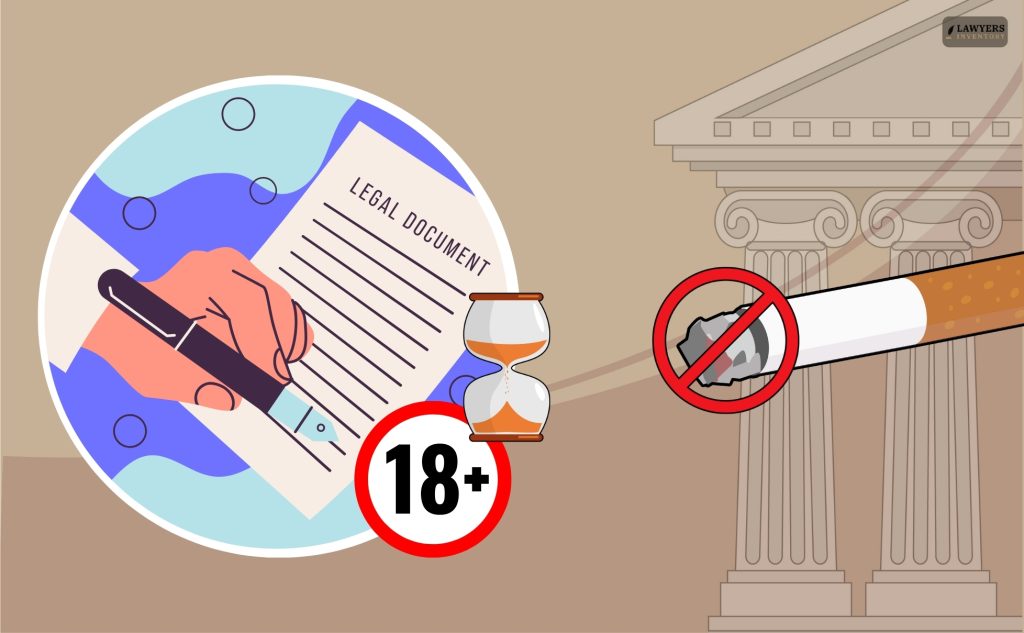
The legal age for using tobacco products varies around the world, but most countries have set the minimum age at 18 or 21 years old.
In the United States, for example, the federal legal age to purchase tobacco products, including nicotine pouches like Zyn, is 21. This was raised from 18 to 21 in 2019 as part of the federal government’s efforts to curb youth nicotine use.
Similarly, in many European countries, the legal age is also 18. However, some countries have stricter regulations, such as Australia, where the legal age for smoking is 18 or older, depending on the state.
Other regions, like parts of Asia and Africa, may have less stringent laws, and enforcement can be inconsistent.
For parents and educators, taking proactive steps to protect minors from nicotine marketing is essential.
Some effective actions include:
1. Monitoring Media Consumption: Be aware of the social media influencers or platforms promoting nicotine products, including flavored nicotine pouches like Zyn.
2. Educating About Risks: Make sure young people understand the dangers of nicotine addiction and its impact on health and development.
3. Setting Clear Boundaries: Encourage healthy activities and hobbies that steer teens away from risky behaviors like using nicotine.
The long-term social costs of youth nicotine addiction are significant. Teen nicotine use can lead to addiction, resulting in lost productivity, higher healthcare costs, and the development of chronic health issues like heart disease and lung conditions.
Furthermore, it places a strain on public health systems as more young people struggle with addiction and related diseases over time. Preventing early exposure is key to protecting both individuals and society at large.
Which Lawyer Can Help You in a Similar Case?
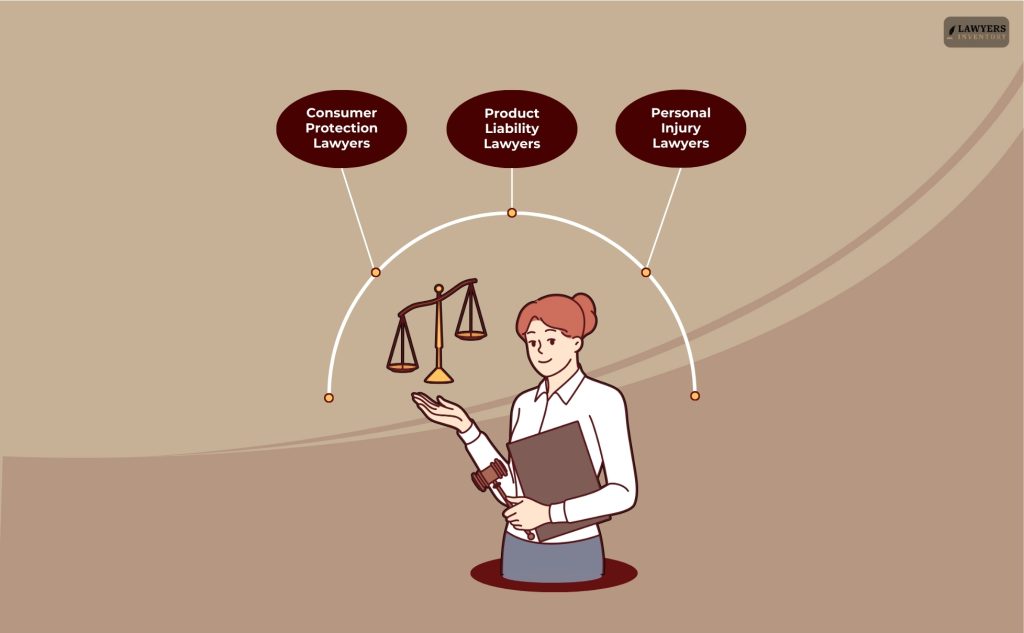
Suppose the deceptive marketing of nicotine products like Zyn impacts you or someone you know. In that case, consulting with a lawyer specializing in consumer protection, product liability, or personal injury law is important.
These types of lawyers can help navigate complex cases involving deceptive marketing practices and the harm caused by such products.
1. Consumer Protection Lawyers
These attorneys specialize in cases where companies mislead consumers through false advertising or deceptive marketing practices (like in the case of 72 Sold Lawsuit).
Suppose you believe a product like Zyn is being marketed deceptively to minors or misrepresenting its safety.
In that case, a consumer protection lawyer can provide guidance and potentially represent you in a class-action lawsuit.
2. Product Liability Lawyers
If you or a loved one has suffered harm due to nicotine addiction or exposure to products marketed to minors, a product liability lawyer may help you pursue compensation.
Just like in the case of the Suboxone lawsuit, these lawyers skillfully hold companies accountable for dangerous or harmful products.
3. Personal Injury Lawyers
In cases where addiction or other health consequences have resulted from the use of nicotine products, a personal injury lawyer can help with claims for damages related to health issues caused by the use of these products.
Choosing a lawyer with experience in nicotine or tobacco-related cases is important, as they will understand the nuances of such legal matters. Consult with a lawyer who offers a free consultation to discuss the specifics of your case. Additionally, a lawyer specializing in youth protection law could offer valuable insight if the case involves minors.
How Can the Zyn Lawsuit Impact the Future of Tobacco Marketing?
The Zyn lawsuit could significantly reshape the future of tobacco marketing, especially about ethical practices and transparency.
Deceptive marketing can severely damage a brand’s reputation as consumers and regulators increasingly prioritize honesty and responsibility.
Companies that target vulnerable groups, such as minors, with misleading claims risk not only legal consequences but also long-term damage to their public image.
The negative publicity generated by lawsuits can reduce customer trust, ultimately affecting sales and market share.
A key takeaway from this lawsuit is the importance of clear, honest communication in product labeling. Brands must avoid false claims about the safety or composition of their products.
In Zyn’s case, misleading claims like “tobacco-free” despite containing nicotine could be a turning point for how nicotine products are marketed.
Similar cases offer lessons for brands navigating ethical marketing. For instance, after facing backlash for misleading ads, brands like Juul changed their marketing strategies.
They focused on more transparent communication, reducing youth-targeted advertising, and emphasizing safety. Adapting to these changes helped mitigate legal risks and improved public perception.
The Zyn lawsuit warns other companies in the nicotine market to adopt ethical marketing practices. Companies that embrace honesty and prioritize consumer protection may avoid legal pitfalls and build long-term brand loyalty.
Read Also:
- Mr. Cooper Class Action Lawsuit: What We Should Know About Unlawful Home Loan Services
- Smoothstack Lawsuit: Beware of Unlawful Wage Scheme and Employment Contracts
- Kennedy Funding Lawsuit and the Exploitation of Arkansas Statute of Frauds







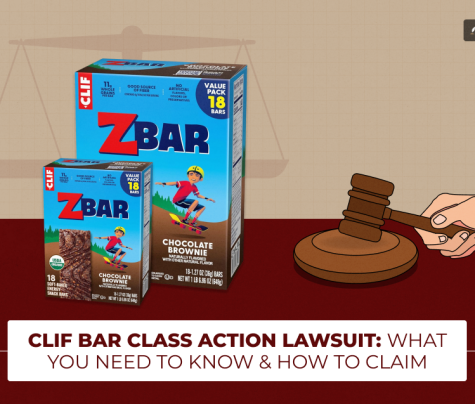



0 Reply
No comments yet.